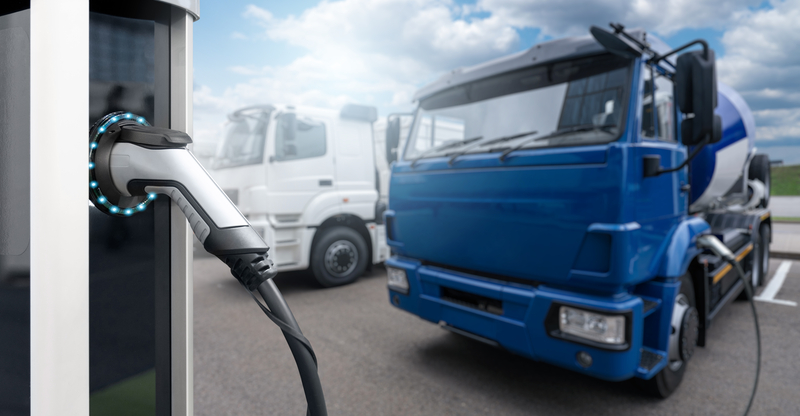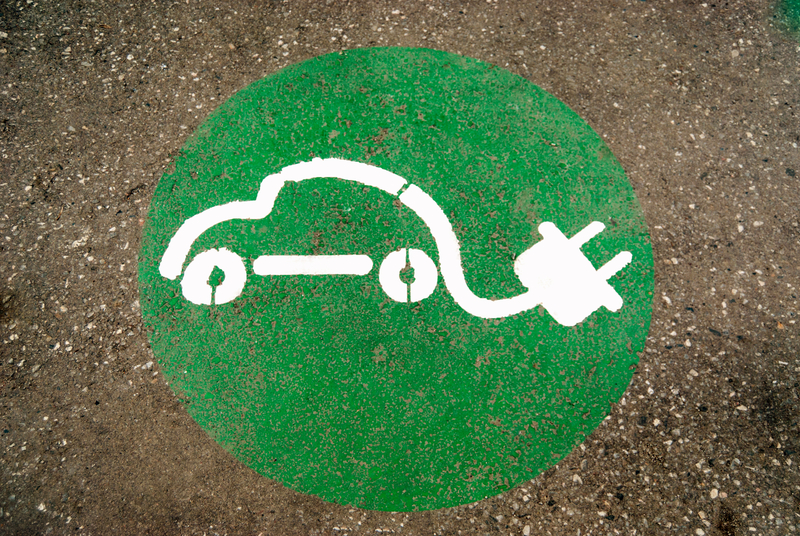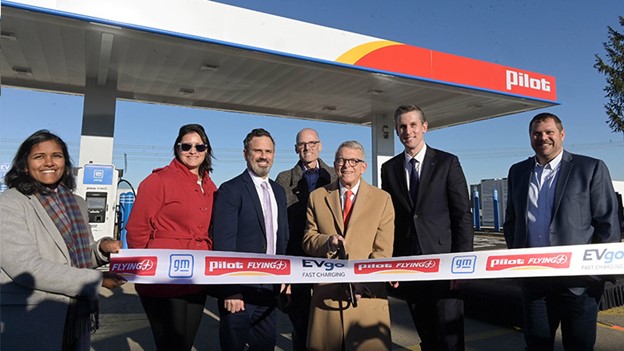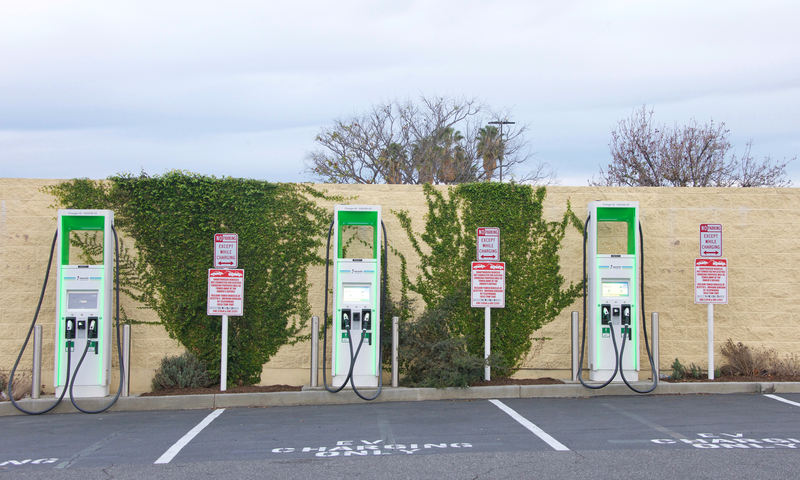
The industry bodies want the FHWA to ensure that consumers’ charging experiences are consistent from state to state.
NATSO, representing truck stops and travel plazas, SIGMA: America's leading fuel marketers, and the National Association of Convenience Stores (NACS) say the retail fuel industry supports the NEVI Program. It is actively participating in the program in almost every state. More than half of all EV charging stations under the NEVI grant program are set to be constructed at truck stops, travel centres, and other fuel retailers. Differing state approaches to the NEVI grant application process, however, threaten to create a balkanised market with disparate, unpredictable consumer EV charging experiences between states.
"NEVI dollars can go the furthest when they mobilise grant recipients to not only install charging stations but also to provide an ongoing, positive consumer experience for EV drivers even after the NEVI program lapses," NATSO, SIGMA and NACS said in their comments. "The more attractive and ubiquitous this experience is for consumers, the more comfortable they will be buying EVs. This, in turn, will further incentivise charging station investments even in the absence of government support."
NATSO, SIGMA and NACS urge FHWA to consider the following when reviewing and approving subsequent state plans for distributing grant funding:
Prioritise driver amenities:
24/7 food and beverage offerings, restrooms, and on-site staff are essential elements of the on-the-go refuelling customer experience. FHWA should ensure that states require site hosts to offer positive consumer experiences by assessing proposed charging stations' surrounding amenities.
Require executed site host agreements:
FHWA should prohibit states from issuing grant awards to applicants without committed site host agreements with site owners. Proposals with candidate sites that rely upon future infrastructure or development create a significant risk that those developments may not advance as anticipated.
Prohibit caps on rate of return:
FHWA should prohibit caps on rate-of-return or revenue sharing requirements. Limiting the ability of fuel retailers to make a return on investment will discourage private businesses from applying for NEVI grants.
Discourage overly restrictive evaluation areas:
States should award grants to the best individual site rather than allowing state DOTs to group highway segments and award them to a single bidder. Grouping highway segments makes it virtually impossible for consumer-oriented site hosts who are linked to fixed real estate to apply.
Ensure adequate time for grant solicitations:
FHWA should require states to provide at least 90-to-120-day response times for grant solicitations and establish clear grant application expectations that includes advance communication with potential applicants.
Allow a variety of connector types to be eligible under the NEVI Program:
FHWA should not mandate the use of the J3400 connector or require its availability in addition to other connector technologies. States should not be permitted to mandate the use of the J3400 connector. Flexibility with respect to charging technology will future-proof infrastructure investments while fostering competition and innovation.












